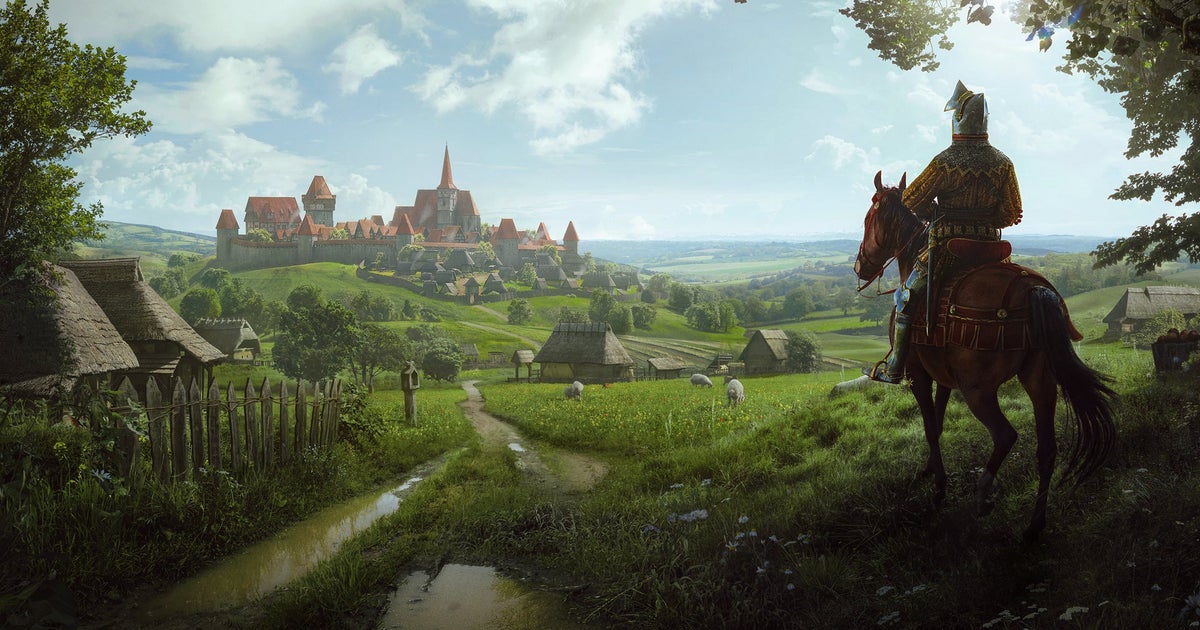Interesting thoughts about how to define success for video games in today’s market, particularly for those using early access. Lots of respect for Hooded Horse’s CEO, Tim Bender, he says all the right things and seems genuine.
He describes van Lierop’s post as “exactly the kind of distorted endless growth/burden of expectations/line must go up perspective that causes so much trouble in the games industry”. He’s also unconcerned by Manor Lords falling behind its initial vast popularity, poking fun at “the apparently dark reality that some people, after enjoying their purchase of a premium, single-player title, might decide to go on and play another game (The horror! The horror!).”
Headline is a little melodramatic though.



I don’t think this is a bad article - or discussion - altogether, but this excerpt really brings out the most crucial aspect, or rather how its missing:
The point being, major games owned by large studios are driven by infinite growth because that’s how their business model has shifted heavily into for the past few years. For minor developers, indie, solo or otherwise, the matter is far simpler: Can they afford their livelihood plus keep working on the game with how much they’re making? If yes, good, keep at it. If not, then we have a problem.
Given how that’s not detailed at any point, its impossible to really pick a side. If Styczeń has made enough money that he can afford to work on the game slowly for several months, this discussion is a non-issue. If he is struggling to make ends meet, or if he foresees struggling soon due to revenue slowing down, it might be time to work on rebuilding that publicity.
Manor Lords was the top-seller on Steam for a couple days if not a full week, so Hooded Horse definitely has enough money for a good while.
2,250,000 * $30 = $67,500,000
I think they’ll be good for a while.
*70% - don’t forget Steam’s cut! There’s basically nothing left after that.
/s just in case not obvious
I believe Steam’s predatory cut is very important to the discussion and not a light matter at all, although that’s a discussion for a different thread.
Those should still a good amount of earnings, even if we aren’t aware of how much it goes to HH and how much to Styczeń, so they do have good reason to take it easy.
Not to go down a rabbit hole that’s off topic, but I’m generally not offended by Steam’s cut. The platform, advertising, centralizing, hosting, and cloud saves, etc etc, seem like a major benefit, especially for smaller developers, that would allow them to get to market faster, and with a much larger audience.
Which also drops from 30% to 25% after $10M and to 20% after $50M, giving a grand total of:
$10,000,000*0.70+ $40,000,000*0.75+ $17,500,000*0.80= $51,000,000Not including taxes and fees
It’s not missing from the discussion, since the HH publisher literally mentioned sales numbers and that it’s a solo dev? I’m confused what you mean.
I don’t see the sales numbers in the article but even then we don’t know how much it costs for Styczeń to operate, or how much of the profits go to the publisher. I assume they are doing well, but the point is for how long in the foreseeable future that will continue.